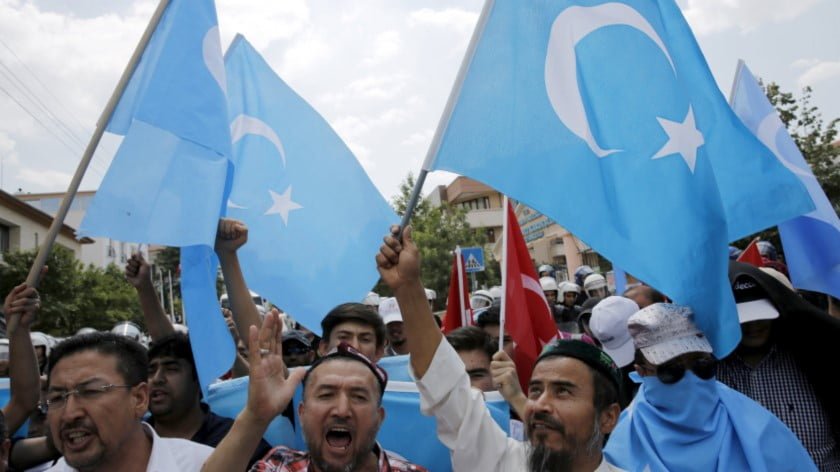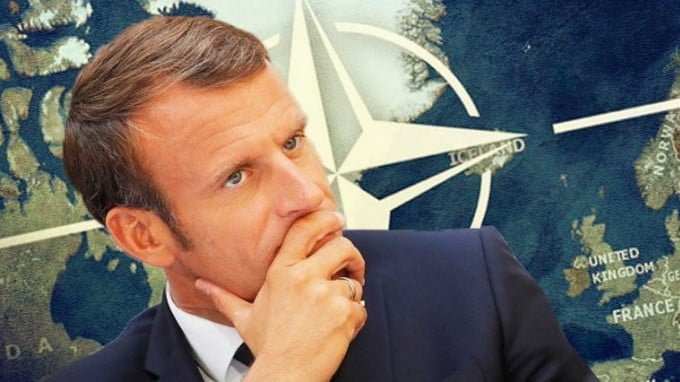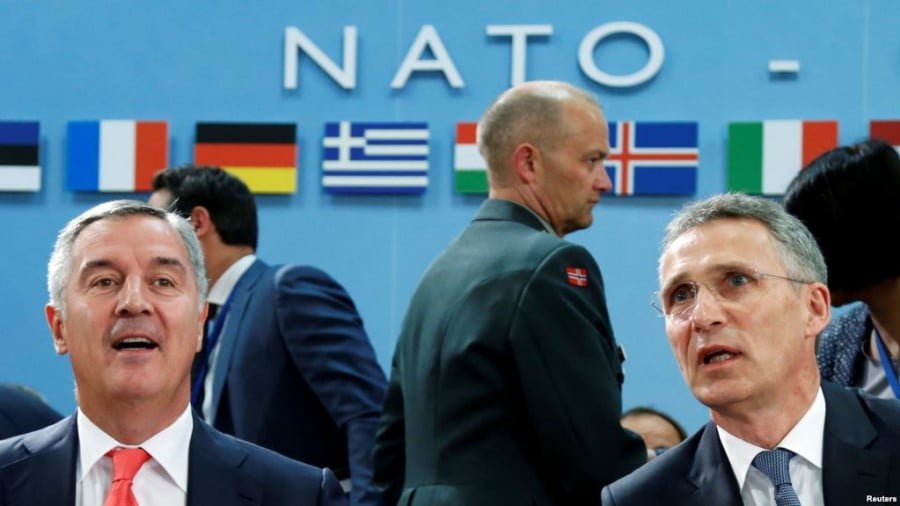Turkey has Several Self-Interested Reasons to Continue Raising the Uighur Issue
Turkey toned down its rhetoric about Xinjiang, but is nevertheless still being vocal about it.
Foreign Minister Cavusoglu told the UN Human Rights Council that “We encourage Chinese authorities and expect that universal human rights, including freedom of religion, are respected and full protection of the cultural identities of the Uighurs and other Muslims is ensured”, adding that a distinction should be made between “terrorists and innocent people”. His comments were noticeably milder than Foreign Ministry spokesman Aksoy’s in early February when the representative harshly condemned what he said was the Uighurs’ “torture and political brainwashing in internment camps” that created “a great shame for humanity”. It’s clear that China’s behind-the-scenes diplomacy must have succeeded in conveying the true state of its anti-extremist programs in Xinijang to Turkey during the intervening two weeks between Aksoy and Cavusoglu’s statements, but has yet to calm all of the country’s concerns completely.
That might not be for objective reasons either, since Turkey tacitly sees itself as one of the rising leaders of the international Islamic community (“Ummah”) and therefore feels a religious obligation to publicly show its co-confessionals all across the world how seriously it takes any accusations of abuse against Muslims anywhere in the world. This show of concern is intended to expand its soft power from the strictly Turkish-related realm of the “Ummah” among its ethno-cultural cousins in Azerbaijan, Central Asia, and Xinjiang to the broader Islamic community at large, though this approach contrasts with Saudi Crown Prince Mohammed Bin Salman’s – the symbolic future Custodian of the Two Holy Mosques – when he recently signaled his approval of China’s anti-terrorist measures. It can even be suggested that Turkey’s statements were intended to contradict the Crown Prince’s.
Apart from the intra-“Ummah” soft power rivalry between Turkey and Saudi Arabia, as well as Ankara’s traditional sensitivity to Turkish-related affairs anywhere in Eurasia, there are also domestic reasons why the Foreign Minister brought up his country’s stance towards Xinjiang again. Not only was he seeking to prove that his representative’s prior statements have been greatly walked back by the government, but he might have also wanted to score some political points ahead of local elections in April. The ruling AKP might face an uphill battle to retain some of its seats after the country’s American-triggered economic crisis over the past year could have contributed to an increase in sympathy for the opposition. Considering all of these reasons, it therefore makes sense why Turkey would once again broach the topic of Xinjiang at this specific point in time.
By Andrew Korybko
Source: Oriental Review







